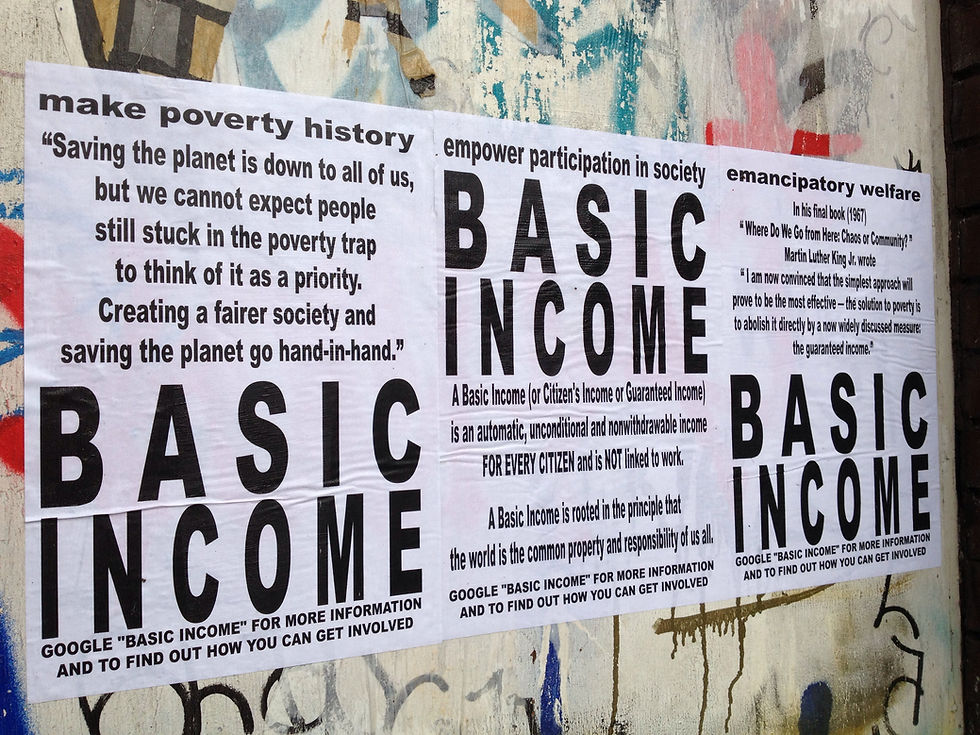Nicola Sturgeon : Controversial Figure or National Hero?
- Joshua Bulford

- Apr 23, 2021
- 3 min read
Updated: Dec 23, 2024
With the next Scottish election just around the corner on the 6th May, this year is more important than ever - not only for the next four years of Scotland, but for their future in the UK. The run-up to this fiery election has seen multiple votes of no confidence on the current SNP (Scottish National Party) government, while the Conservatives have also been faced with leadership troubles. However, it is Nicola Sturgeon who is the centre of this campaign, with many commentators wondering whether her position and popularity have weakened or been further strengthened over recent months.
In March, Nicola Sturgeon was accused of misleading the Scottish parliament over Alex Salmond’s 14 sexual assault allegations in a report by the Holyrood Committee. While Alex Salmond was acquitted of his charges in March 2020, the committee accused Sturgeon of significantly impeding their inquiry by delaying the release of documents, ultimately damaging public confidence, as well as inappropriately publishing the names of the accusers. This inquiry only led to further questions relating to both Sturgeon’s position as First Minister, and her popularity on a more general scale. An independent inquiry by James Hamilton was conducted into whether the First Minister had in fact breached the ministerial duty of code by misleading parliament. Luckily for both Sturgeon and the SNP, the report concluded that she was not guilty of misconduct.
Despite the result, the Scottish Conservatives initiated a vote of no confidence. However, not only was Sturgeon able to survive the attempted ousts of her position from the opposition, but she remained high in the polls, with her position as first minister likely to remain unchallenged, even with no party majority achieved in the last election.
This then raises the question of why Sturgeon is polling so well, despite all of the controversies in recent months.
One observation is that the UK Conservative government has been accused of failings over Brexit and the COVID-19 pandemic. Britain's death toll as a result of the pandemic is almost twice the size of Britain's Second World War civilian death toll, and experts claim that Sturgeon is “a woman applauded for her ability rather than her success at overcoming the odds”, with her support most likely peaking due to her promise of an economic recovery rather than focusing on the party’s aim of independence.
Another reason for Sturgeon’s success may not even be down to Sturgeon herself, but the failings of their opposition. Their main opposition, the Scottish Conservatives, have been described as “touchy, charmless, and abrasive”; only polling at around 20%. Not only has this been a struggle for the opposition, but their new leader Douglas Ross is unable to live up to the same fame as ex-leader Ruth Davidson, who is ranked the 9th most popular Conservative politician. Davidson led the Scottish Conservative to overtake Labour and become the SNP’s major opposition in the last election in 2016.
The election itself is polling with an SNP victory and consequently with Nicola Sturgeon as First Minister stated by a majority of the polls. The real question is, is Sturgeon liked for her policies or is it the failure of another alternative that has amassed her support in recent months.
The election is therefore expected to result in an SNP victory, and consequently Nicola Sturgeon is likely to remain First Minister. The real question for many is: is Sturgeon liked for her policies, or is it the failure of an alternative that has amassed her support over the past four years?
Despite controversies and attempts at removing her from office, Sturgeon remains a dominant force in the Scottish Parliament, and a concern for any party wishing to take her role. Her power and support amongst the Scottish electorate are undeniable; whether or not her controversies will outweigh her perceived strengths remains to be seen.

_edited.png)




Comments